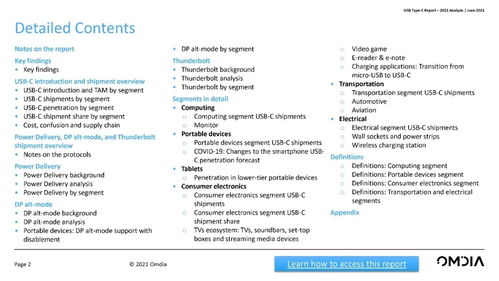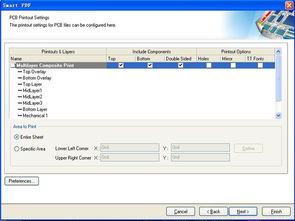
What You Should Know About Pregnancy
Embarking on the journey of pregnancy is an exciting yet complex experience. It’s a time filled with anticipation, questions, and a myriad of changes. To ensure a smooth and informed journey, here’s a comprehensive guide covering various aspects of pregnancy.
Understanding the Stages of Pregnancy

Pregnancy is typically divided into three trimesters, each with its unique set of developments and challenges.
| Trimester | Duration | Key Developments |
|---|---|---|
| First Trimester | Up to 12 weeks | Embryo development, morning sickness, fatigue |
| Second Trimester | 13 to 26 weeks | Quickening, fetal movements, increased energy |
| Third Trimester | 27 to 40 weeks | Weight gain, Braxton Hicks contractions, preparation for labor |
Understanding these stages can help you anticipate and prepare for the changes your body will undergo.
Common Symptoms and Their Management

Every pregnancy is unique, but there are common symptoms that many expectant mothers experience.
- Morning Sickness: This can occur at any time of the day and is often managed with dietary changes, ginger, and over-the-counter medications.
- Fatigue: Increased levels of the hormone progesterone can lead to fatigue. Resting, eating a balanced diet, and staying hydrated can help manage this symptom.
- Back Pain: As the uterus grows, it can put pressure on the lower back. Wearing a maternity belt, maintaining good posture, and gentle exercise can alleviate pain.
- Swelling: Known as edema, this is often due to increased blood volume. Elevating the legs, wearing comfortable shoes, and avoiding salty foods can help reduce swelling.
It’s important to consult with a healthcare provider for personalized advice on managing these symptoms.
Maternal Nutrition and Exercise

Proper nutrition and exercise are crucial during pregnancy to support the health of both mother and baby.
Nutrition
- Caloric Intake: Expectant mothers generally need an additional 300-500 calories per day, depending on their pre-pregnancy weight and activity level.
- Folic Acid: This is essential for fetal development and can be found in leafy greens, fortified cereals, and supplements.
- Protein: Adequate protein intake is important for the baby’s growth. Good sources include lean meats, fish, eggs, and legumes.
- Calcium: Needed for the baby’s bone development, calcium can be found in dairy products, leafy greens, and fortified foods.
Exercise
- Benefits: Regular exercise can help manage weight gain, reduce pregnancy-related discomfort, and improve mood.
- Types: Low-impact exercises such as walking, swimming, and prenatal yoga are generally safe and beneficial.
- Consultation: It’s important to consult with a healthcare provider before starting any exercise regimen during pregnancy.
Remember, a healthy lifestyle during pregnancy can have long-term benefits for both mother and child.
Prenatal Care and Regular Check-ups
Regular prenatal care is essential for monitoring the health of both mother and baby. This typically includes:
- Ultrasounds: These imaging tests can provide a view of the fetus’s development and help identify any potential issues.
- Blood Tests: These can check for anemia, blood type, and other conditions that may affect pregnancy.
- Physical Exams: These include checking the mother’s blood pressure, weight, and fundal height (the size of the uterus).





